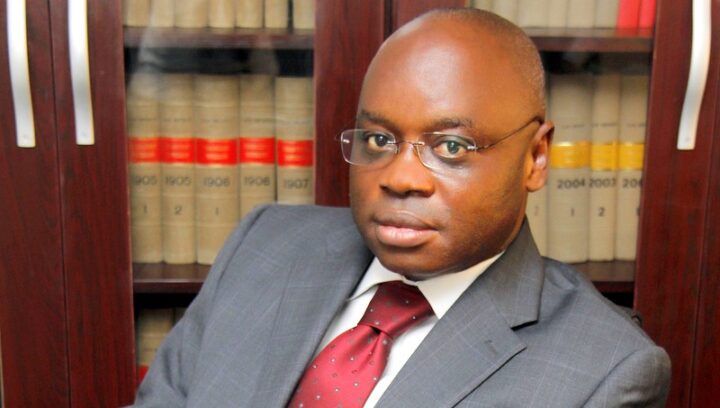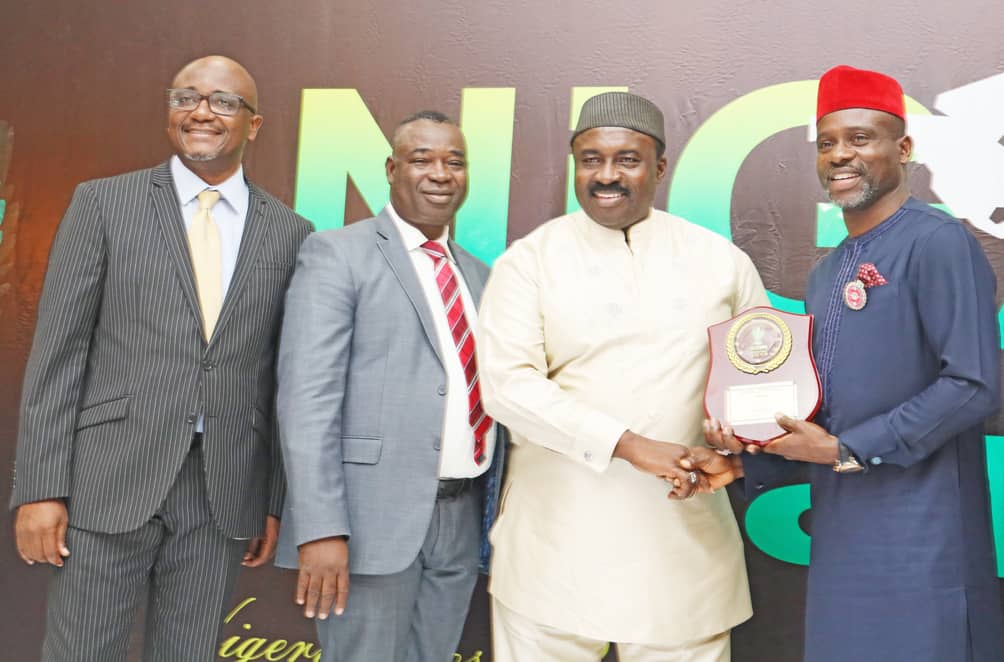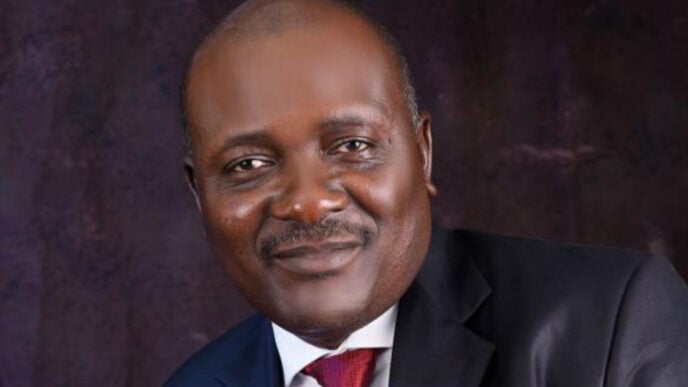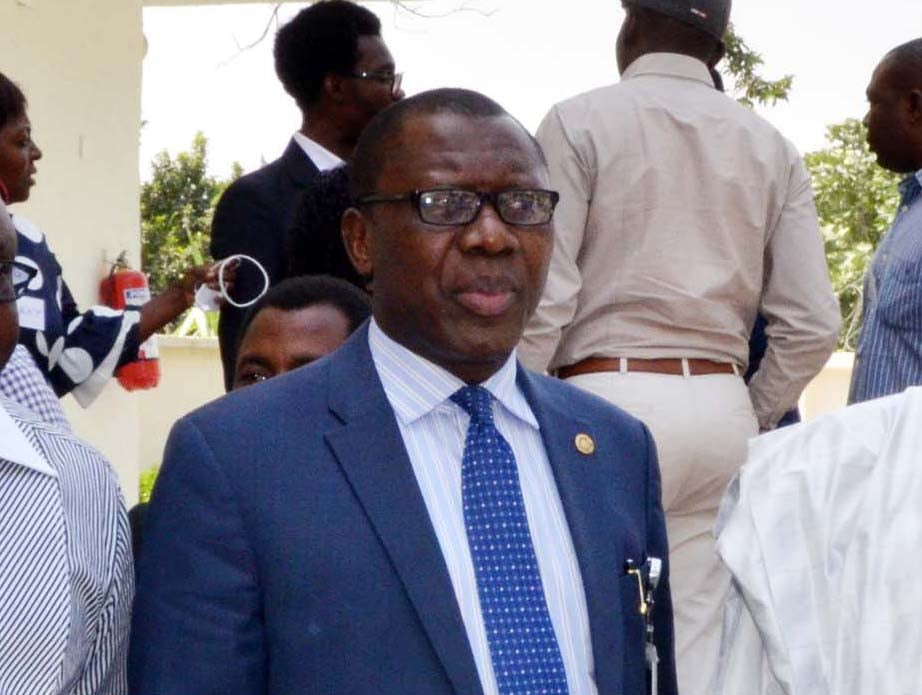The court of appeal, Lagos division, has dismissed an appeal filed by Joseph Nwobike, a former senior advocate of Nigeria (SAN).
The court dismissed Nwobike’s appeal on Thursday for lacking merit.
The former SAN had approached the appellate court, challenging his conviction by a Lagos state high court.
Raliat Adebiyi, a judge of the state high court, had convicted Nwobike on April 19, 2018, on 12 counts bothering on offering gratification to judicial officers and making false declaration to the Economic and Financial Crimes Commission (EFCC).
Advertisement
The judge sentenced him to one month in prison for “attempting to pervert the course of justice.”
Following his conviction, the Legal Practitioners’ Privileges Committee (LPPC) stripped Nwobike of his SAN rank.
Dissatisfied, Nwobike asked the appellate court to overrule the state high court.
Advertisement
The applicant, through his lawyer, Olawale Akoni, SAN, contended, amongst other things, that the allegation of attempt to pervert the cause of justice for which he was convicted was not proved by the EFCC.
The applicant also described the judgment as “unreasonable and unwarranted.”
However, the appellate court, in a judgment delivered by Ebiowei Tobi, took into consideration whether section 97(3) of the Administration of Criminal Justice Law of Lagos State ACJL, upon which Nwobike was convicted, defined the offence; whether the conviction was based on rules of professional conduct for legal practitioners; whether the court was right to have convicted him and whether the court had enough evidence to prove perversion of justice.
On whether Section 97(3) of the Administration of Criminal Justice Law of Lagos State ACJL, upon which Nwobike was convicted, defined the offence, the appellate court resolved in “favour of the EFCC that Section 97(3) of the ACJL did not contradict with Section 36(12) of the Constitution of the Federal Republic of Nigeria, and said that the offence of perversion was defined”.
Advertisement
The appellate court also held that the decision by the high court was based on facts as contained in exhibit P22, which is the phone conversation between the convict and one Jide, a member of staff of the court and not professional conduct.
The appellate court, therefore, resolved in favour of the EFCC that the conviction was not based on non-penal provision.
Also, on the issue of whether the court was right to have convicted him or whether the court had enough evidence to prove on perversion of justice, the appellate court further held that the arguments of the convict were not necessary and that the EFCC proved its case that the convict had a criminal mind to interfere with the assignment of cases and that he was guilty of attempts to pervert justice.
The appellate court further held that It is unethical for a judge to receive money from a lawyer, especially when he has a matter before him.
Advertisement
However, the appellate court held that the prosecution did not prove that N750,000 given to Muhammed Yunusa, a judge, was for perversion of justice.
Consequently, the appellate court reversed the decision of the high court and found him not guilty on counts 3, 12 and 14.
Advertisement
The appellate court, however, agreed with the lower court on counts 7, 8, 9, 10, 11, 13, 15, 16 and 17.
Advertisement
Add a comment







